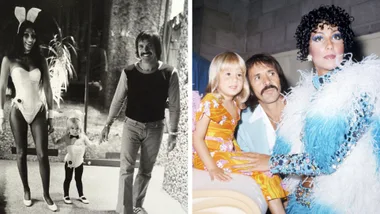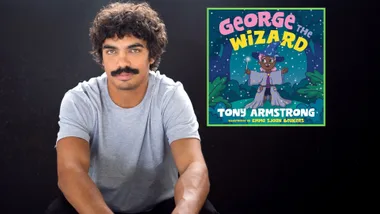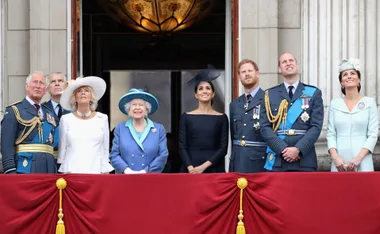Vincent Van Gogh: The Life by Steven Haifeh and Gregory White Smith, Profile Books , $59.99
Destined for posthumous priceless collectors’ value, it is still hard to conceive that when Vincent Van Gogh died at just 37, his star had yet to ascend.
And if Pulitzer prize-winning Jason Pollock biographers Naifeh and Smith’s hypothetical reconstruction of Vincent’s suicide is to be believed, in this one thousand page biographical masterpiece, it is possible the penniless “painter of peasants” was being stood his last few cognacs by the boy who may have fired the fatal shot that killed him.
The eldest of six children born in the south of the Netherlands to devout preacher Dorus and pious wife, Vincent displayed eccentric traits from childhood and described his banishment to boarding school at eleven years — one of countless well-meant, yet damaging attempts by his family to “cure” him of his exceptional ways — as akin to the insane asylum he would be locked in, stripped bare and shackled down in darkness years later.
His infant solace of urgent collecting of bugs, reading at demonic speed would translate in adulthood to lonely late nights at cafes frequented by vagabonds.
His peering eyes, red cropped hair and habitual self-perjury — starvation, sleeping on planks of wood, infrequent washing, trudging miles in bitter snow — repulsed even some of the prostitutes he used as models and as lovers, yet whom he positioned on canvas as maternal icons.
Never swayed from his stubbornly artistic bent, drawing was one of his few social graces and devoted artist brother Theo painstakingly tried to move him from the black of his charcoal to the more saleable colours of the Impressionist movement.
Starry Night and Vase With Fifteen Sunflowers were the among the vibrant releases for the hallucinating artist, who, after cutting part of his ear off, was committed to a lunatic asylum.
Diagnosed with epilepsy by an insightful doctor, it would be the century after Starry Night was painted, scientists would discover that latent epileptic fits resembled fireworks of electrical impulses in the brain.
The butt of pranks in Auvers, the French village he exiled himself to, Vincent accepted abuse and an absinthe from boys including Rene Secretan, a sixteen year old holidaymaker.
The authors believe it was Rene’s .380 calibre peashooter which accidentally or intentionally fatally wounded the artist on July 27 1890.
This biography stands as a staggering tour de force, densely and definitively detailed.
Newsletter conversion description. Get the latest in your inbox.




































.jpg?resize=380%2C285)
.png?resize=380%2C285)

